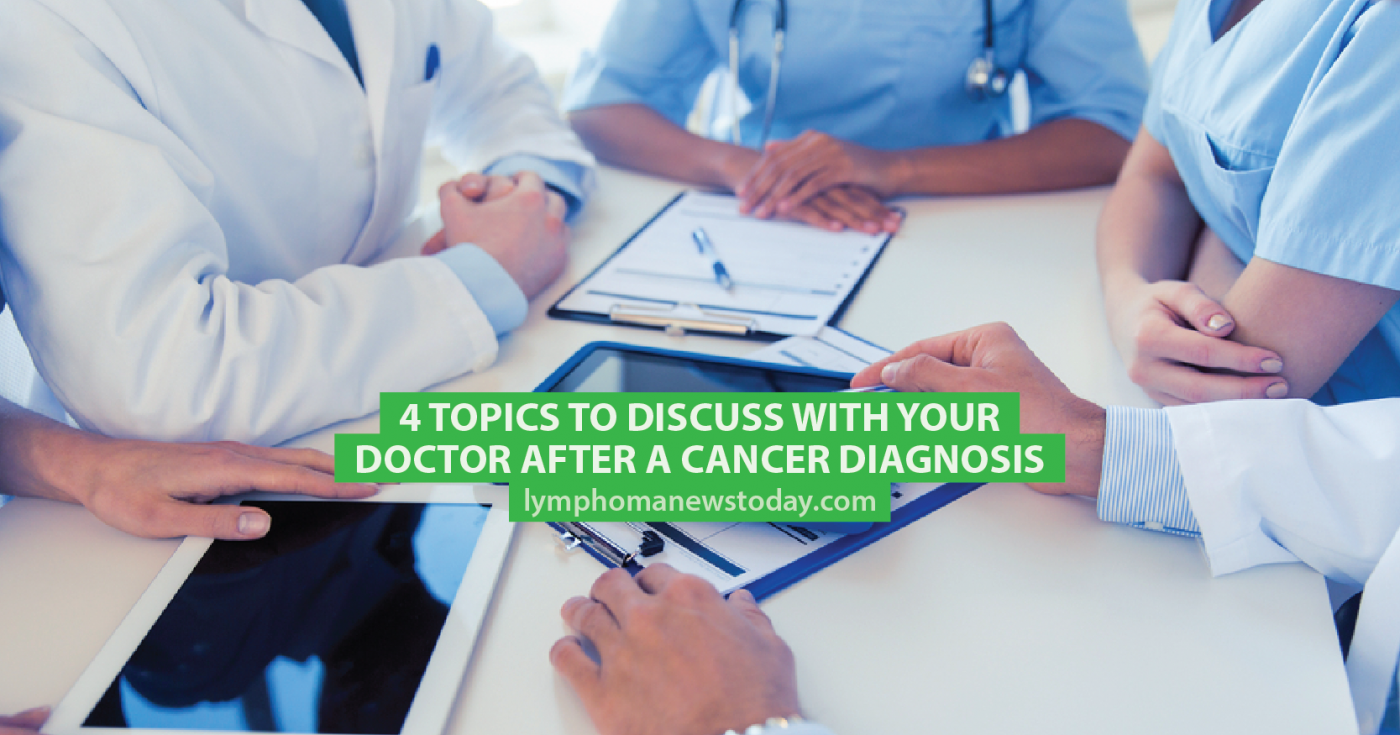If you’ve just been diagnosed with cancer (or know someone who has) then you will no doubt have a multitude of questions that you want answered, on top of trying to deal with a plethora of different emotions.
Your doctor should be your first point of call when it comes to getting all the information you need about your cancer and your treatment. Based on information from the American Cancer Society, we’ve come up with a list of questions you should ask your doctor. These questions will help get you the information you need about the disease and what you can expect moving forward.
Read our seven tips for caregivers and families of cancer patients.
About Your Cancer
You will need to ascertain what type of cancer you have, what stage it’s at and the parts of the body that have been affected. Ask your doctor if it’s an aggressive type that might be quick to spread or a slow-growing type and what the prognosis is.
About Your Treatment
Find out the treatment options available to you and if you need surgery. You need to know about possible side effects, how the treatments work, what the different medications are called and what they do, and whether or not the treatment will cure the cancer or simply manage the symptoms. You’ll want to ask how long the treatment will take and how soon you’ll know if it’s working. You’ll also want to ask financial questions, like the treatment cost and if insurance will cover it.
About Your Healthcare Team
You’ll want to learn everything you can about the people who will be taking care of you and overseeing your treatment: Does your doctor treat many patients with your type of cancer? Do you need to see a specialist? Who else will be part of your healthcare team? Who will be in charge of overseeing your treatment? Can you reach them out of office hours if necessary?
About Your Overall Health
Speak to you doctor about any lifestyle changes they recommend and how the cancer and its treatment may affect aspects of your life (like fertility, your sex drive, the ability to work). Discuss the possibility of alternative and complementary treatments and therapies which may help with symptoms or overall health. If you have any pre-existing health issues, these need to be discussed to see how they will continue to be managed during your cancer treatment.
Discover 11 signs and symptoms of lymphoma.
Lymphoma News Today is strictly a news and information website about the disease. It does not provide medical advice, diagnosis or treatment. This content is not intended to be a substitute for professional medical advice, diagnosis, or treatment. Always seek the advice of your physician or another qualified health provider with any questions you may have regarding a medical condition. Never disregard professional medical advice or delay in seeking it because of something you have read on this website.


